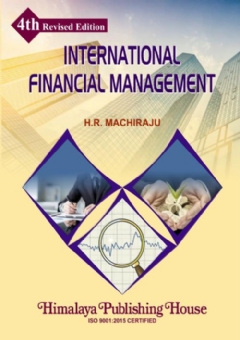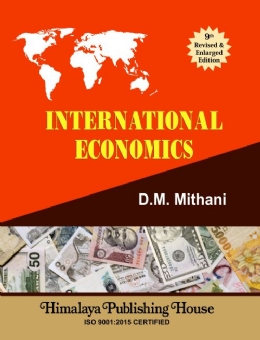Robust economic growth, an improved investment environment and opening up of critical sectors like- telecommunications, civil aviation, refineries, and construction have helped India to achieve a growth rate of 85.1% in FDI inflows in 2008 which was the highest globally. After China, India is the most preferred investment destination according to UNCTAD survey 2008-10. India has replaced China as the most promising country for business operations in the JBIC survey of Japanese manufacturing TNCs.
The present edition highlights the impact of FDI, 100 largest TNCs from the developing world and the FDI by Sovereign Wealth Funds.
Multinational enterprises on their part have to be internationally competitive to survive because capital and technology move swiftly across the globe. The multinational firm has to obtain an optimum combination of inputs from the global market. Companies should outsource anything that is not tied directly to competitive differentiation. Outsourcing is an integral part of global supply chain management not only for value maximisation but also for staying competitive.
The book emphasises that social issues should be aligned with corporate strategy – la lan Davis. The adoption of corporate social responsibility to address social issues is not effective because CSR approach is too limited and too disconnected from corporate strategy. CSR does not help to keep pace with the tsunami like changes in socially driven business environment. High performance in a business results from establishing and maintaining a fit among the strategy of the firm, its organisational design and the environment in which it operates.
The book International Financial Management – presents a profile of international business from the Indian perspective. This should serve an outsider as well as our students to be informed about international financial management against the backdrop of Indian institutions and policies. Hopefully, mid-sized Indian companies should find it useful to turn into multinationals. Finally all firms, not merely multinational ones have to become internationally competitive to survive and the book shows how.
The book has a chapter on international best practices of Corporate Governance including corporate ethics which help business to integrate into the social milieu.
Contents :
1. Financial Management of a Multinational Enterprise
2. Balance of Payments
3. Exchange Rate Sustems
4. Foreign Exchange Market
5. International Parity Relationships
6. Currency and Interest Rate Derivatives
7. International Banking and Indian Corporates
8. Financing the International Bond Market
9. Foreign Direct Investment
10. International Equity Markets
11. Cost of Capital for Foreign Investment
12. International Capital Budgeting
13. Financing International Trade
14. Working Capital Management : Management of Current Assets
15. Taxation of Multinational Enterprise
16. Compliance of Corporate Governance Provisions
Glossary






